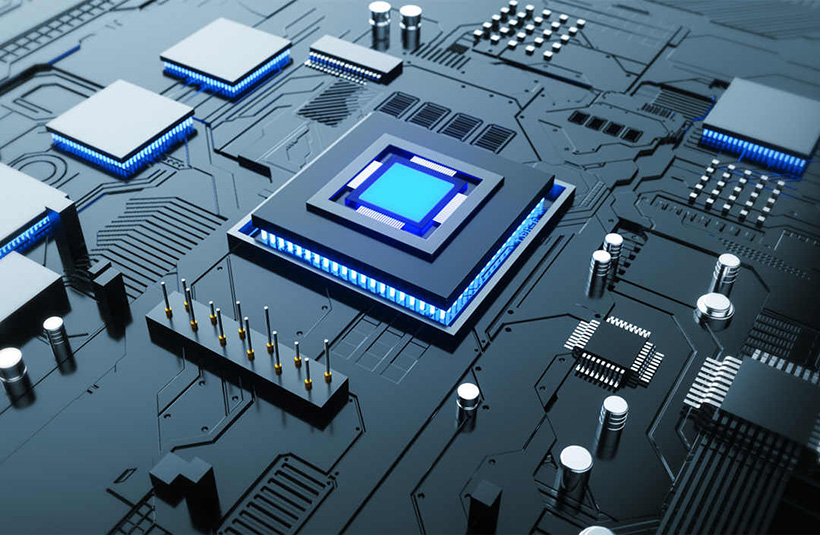Microcontrollers are an integral part of countless devices and systems in today's world. From washing machines to medical devices, microcontrollers are the brains that enable these devices to function efficiently. At the heart of a microcontroller is the microcontroller chip, which plays a crucial role in determining the performance and capabilities of the microcontroller. In this article, we will explore the advantages of microcontroller chips and how they contribute to the overall functionality of microcontrollers.
So, what exactly is a microcontroller chip? A microcontroller chip is a small integrated circuit that contains the central processing unit (CPU), memory, and input/output peripherals required for a microcontroller to operate. These chips are designed to be low-cost, low-power, and are tailored for specific applications. As such, they are widely used in embedded systems, where they can control various functions of a device or system. The compact size and versatility of microcontroller chips make them an ideal choice for a wide range of applications, from consumer electronics to automotive systems.
One of the key advantages of microcontroller chips is their ability to perform complex tasks with minimal external components. Unlike traditional microprocessors, which require additional components such as memory, input/output devices, and power management circuits to function, microcontroller chips integrate all these components into a single package. This integration simplifies the design and development of electronic systems, as engineers can focus on the specific functionality of the device rather than worrying about the intricate details of interfacing with external components. As a result, microcontroller chips offer a cost-effective and efficient solution for implementing control and monitoring systems in various applications.
Another advantage of microcontroller chips is their flexibility and programmability. These chips can be reprogrammed to perform different tasks, making them suitable for a wide range of applications. This flexibility enables engineers to develop custom firmware to tailor the functionality of the microcontroller to specific requirements, without the need for a complete hardware redesign. Additionally, microcontroller chips are often designed to be compatible with industry-standard programming languages and development tools, which simplifies the process of software development and debugging. This flexibility is particularly valuable in rapidly evolving industries such as IoT (Internet of Things), where devices require frequent updates and adaptability to changing requirements.
In addition to their flexibility and integration, microcontroller chips offer low-power operation, which is essential for battery-powered and energy-efficient devices. These chips are often designed with power-saving features such as sleep modes, low-power oscillators, and power management units that enable them to minimize power consumption when idle or performing low-intensity tasks. This low-power operation is crucial for extending the battery life of portable devices and reducing the overall energy consumption of electronic systems. As a result, microcontroller chips are widely used in applications where power efficiency is a top priority, such as wearable devices, sensor nodes, and remote monitoring systems.
Furthermore, microcontroller chips are renowned for their reliability and robustness. These chips are typically designed for industrial-grade applications, where they must operate flawlessly in harsh environments and under varying conditions. As a result, microcontroller chips are often equipped with built-in safety features such as watchdog timers, error correction codes, and fail-safe mechanisms that ensure the reliable operation of the microcontroller in critical systems. Additionally, these chips are rigorously tested and certified to meet industry standards for electromagnetic compatibility (EMC) and environmental robustness, making them suitable for deployment in demanding applications such as automotive control systems, industrial automation, and medical devices.
In conclusion, microcontroller chips offer a myriad of advantages that make them an indispensable component in today's electronic devices and systems. Their integration, flexibility, low-power operation, and reliability make them an ideal choice for a wide range of applications, from simple consumer electronics to complex industrial systems. As technology continues to advance, microcontroller chips are expected to evolve further, offering even more features and capabilities to meet the demands of the ever-changing electronic landscape. With their proven track record and continuous innovation, microcontroller chips are set to remain at the forefront of embedded systems development for years to come.










